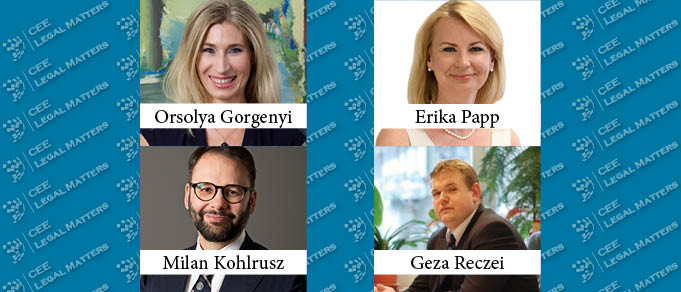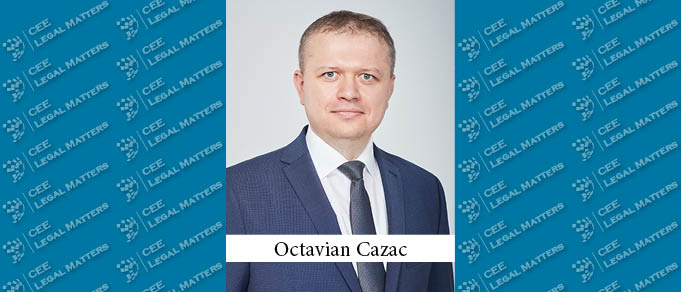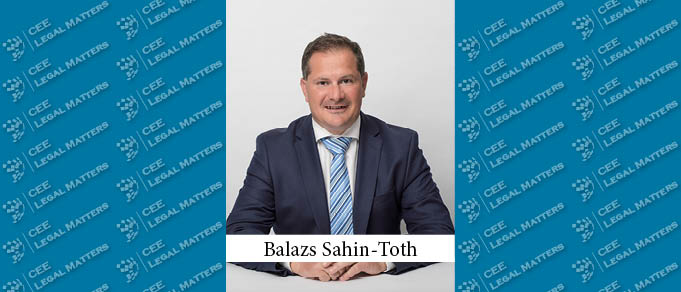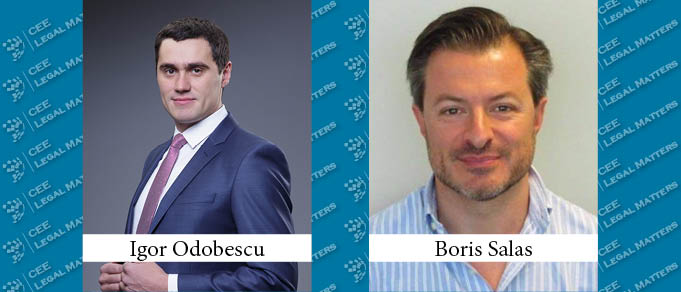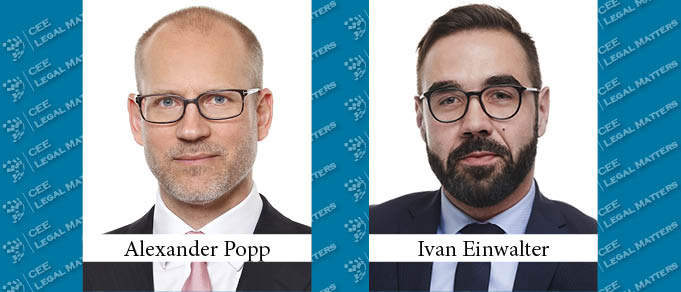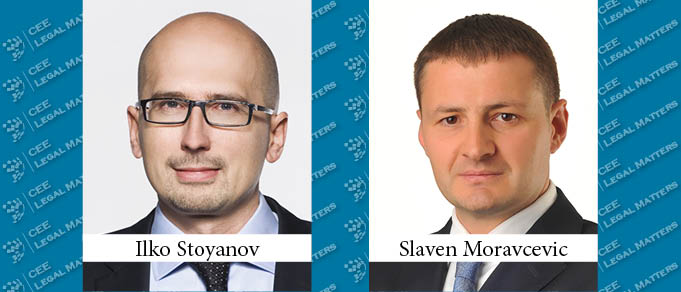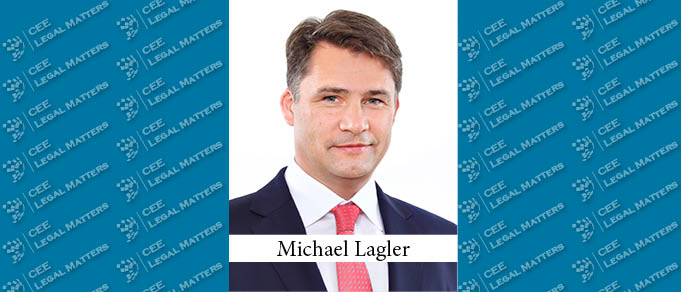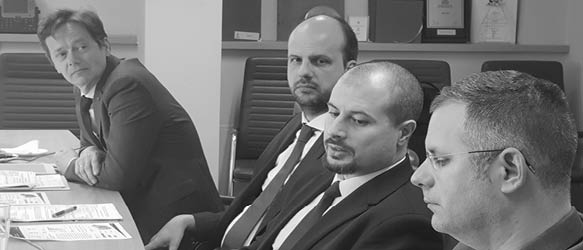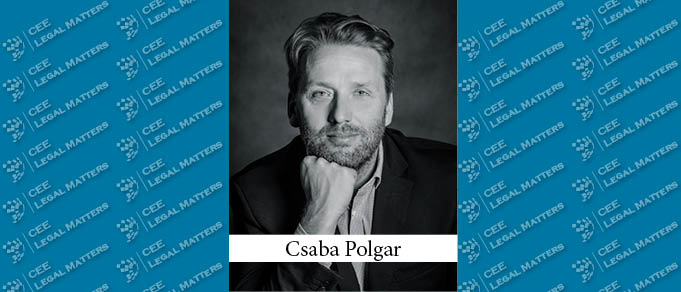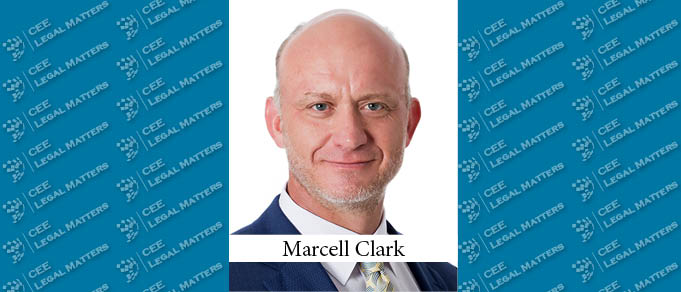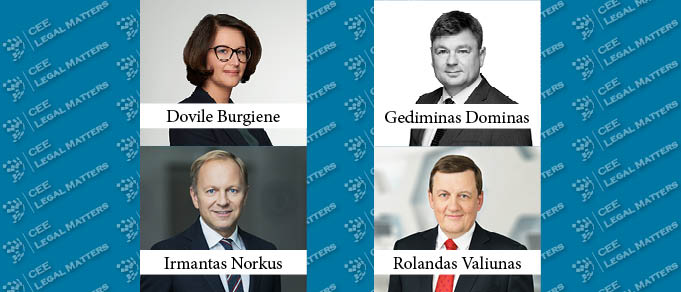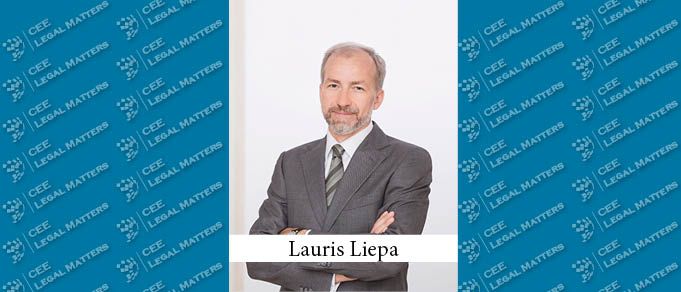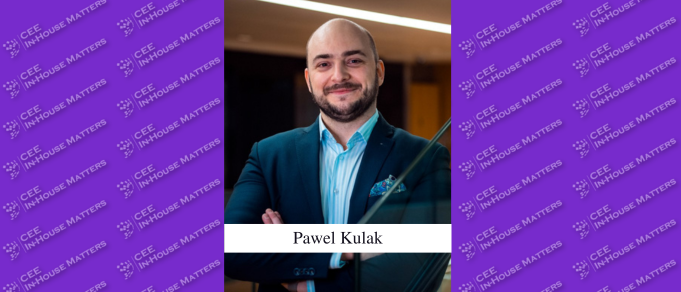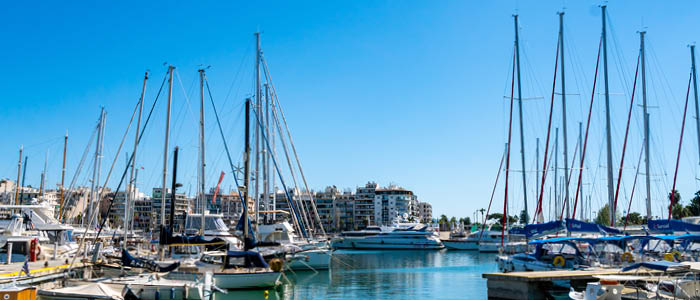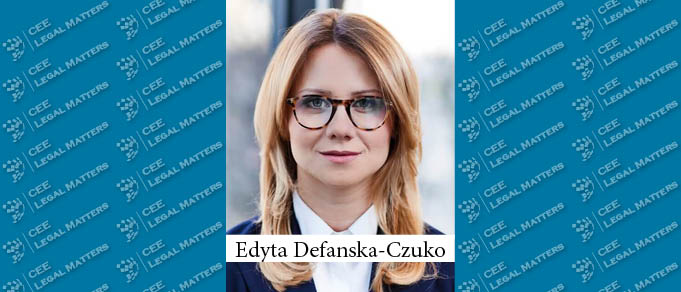On January 1st, 2020, the Hungarian government adopted new legislation making continuing professional education compulsory for lawyers, post-qualification, along the lines of post-certification training and education that tax advisors and accountants had been forced to obtain for many years.
Guest Editorial: Massive Open Pro Bono
The Spring of 2020 brought the pandemic to CEE, with its “perfect storm” of ingredients – including significant legal ramifications. Whether you are an individual, a business, or a governmental official, the storm made you ask at least one of these questions: “What are my rights in pre-existing contract?”, “Am I still bound to pay?”, “Can I get my money back?”, “Will I be liable for this?”, and “What legislation is needed to help ease the impact on the public?”
Deal Expanded: Extreme Digital/eMAG Merger
Allen & Overy Counsel Balazs Sahin-Toth Talks About the Deal of the Year in Hungary
Deal Expanded: Duet Private Equity’s Acquisition of Red Union Fenosa SA and Gas Natural Fenosa Furnizare Energie SRL from Naturgy Inversiones Internacionales SA
ACI Partners’ Igor Odobescu Interviews Duet Private Equity Limited Operating Partner Boris Salas, about the Deal of the Year in Moldova
Deal Expanded: United Group’s Acquisition of Tele2 Croatia from Tele2 AB
Schoenherr Partner Alexander Popp in Austria and Attorney at Law Ivan Einwalter in Croatia talk about the CEE 2019 Deal of the Year in Croatia
Deal Expanded: United Group’s Acquisition of Vivacom Bulgaria
Schoenherr Partners Ilko Stoyanov in Bulgaria and Slaven Moravcevic in Serbia Talk About The Deal of the Year in Bulgaria
The Big 4: An Emerging Alternative in Austria
The move by the Big 4 firms – Deloitte, KPMG, EY, and PwC – to capitalize on their client lists and their multi-disciplinary capabilities by extending the ability of their legal arms to compete with traditional law firms is by now well-established. In Austria, their legal arms have begun competing aggressively for talent as well.
Guest Editorial: The Ever-Changing Legal Market
Everybody talks about the speed at which life moves in our globalized world. And the Austrian legal market isn’t evolving more slowly – so keep up the pace!
Tapping Capital: Sources of and Problems with Financing in the Hungarian Market
The Hungarian financial market finished 2019 in a strong position. Intrigued by what many have described as a “special” year, CEE Legal Matters sat down with several of the nation’s leading Banking/Finance lawyers at Lakatos, Koves & Partners’ offices in Budapest to learn more.
Guest Editorial: Triple Bottomline Impact – Time to Change
Sounds frightening, huh? When I first encountered this expression a couple of years ago, I thought it was one of those buzzwords that had been created by accountants or other financial wizards to tackle invasively curious tax administration people. “Bottomline” also sounded familiar: that is the very last figure in your financial statements; the one that interests you the most.
Volodymyr Zelensky: Servant of the People?
Before being elected President of Ukraine last May, Volodymyr Zelensky had virtually no experience in public office. Despite his inexperience – or perhaps because of it – over 73% of the electorate concluded that the comedian and entertainer was the right man to replace Petro Poroshenko, the previous President, and now Zelensky finds himself, at 41, leading an entire nation.
Organizing for Change: Poland’s Women in Law Foundation Aims High
According to CEE Legal Matters’ 2019 By the Numbers report, the gender balance at commercial law firms in Poland up to the senior associate level is fairly even, with 44.58% being women. However, at the partner level things change drastically, with women representing fewer than 25%. Even then, other reports suggest, many of the women lawyers who do make partner do so not at the larger, high-profile law firms, but at smaller boutiques. The “Women in Law” foundation in Poland was created to address this imbalance, and other forms of gender inequality in the legal industry, with a special focus on legal tech.
Guest Editorial: Gimme Some Lovin’
The title of this editorial is a famous song by the Spencer Davis Group – though it makes me wonder if they were CEE in-house lawyers singing to their CEOs.
Surviving the Split - Walless in Lithuania, After a Year
Over many years, the Estonian, Latvian, and Lithuanian legal markets have been dominated by the same four firms, although the names they operate under have sometimes changed. At the very end of 2018, however, the market in Lithuania, the largest of the Baltic states, shook. when a large team split off from one of those four firms, and several months later merged with a leading independent firm in the country.
Guest Editorial: Leaving Kitchen Justice Behind
In August 2007 crime fiction admirers in Latvia were thrilled to read a book, Kitchen Justice, describing an influential litigation attorney, the trial cases his office handled, and his secret relationship with judges and public figures. The protagonist was immediately recognized by readers, and the legal community was able to identify heroes less known to the public: the judges in the legal proceedings, who were privately communicating with the prominent attorney about the cases they were working on. It was apparent that the disguised author had based his fictional novel on a real-life characters and cases, and without delay, Latvia’s Chief Justice convened an extraordinary session of Supreme Court judges to set up a special panel of five reputable judges with a mandate to investigate the novel’s plot. The commission interviewed dozens of judges who had been identified in Kitchen Justice.
The Corner Office: 2020 Initiatives
In The Corner Office we ask Managing Partners across Central and Eastern Europe about their unique roles and responsibilities. The question this time around: What major initiative or new plan does your office (or firm) plan – if any – for 2020?
What Makes a Good Conference Great?
Love them or hate them, conferences are a fundamental part of the successful commercial lawyer’s calendar. But time is precious. Those calendars are full. It’s vital for conference organizers to get them right, and critical for lawyers to choose wisely in determining which events to attend and which to skip.
Practice Under Pressure: Bosnia Bounces Back
Part II of our Special Report on the Bosnian Legal Market before, during, and after the Bosnian War

